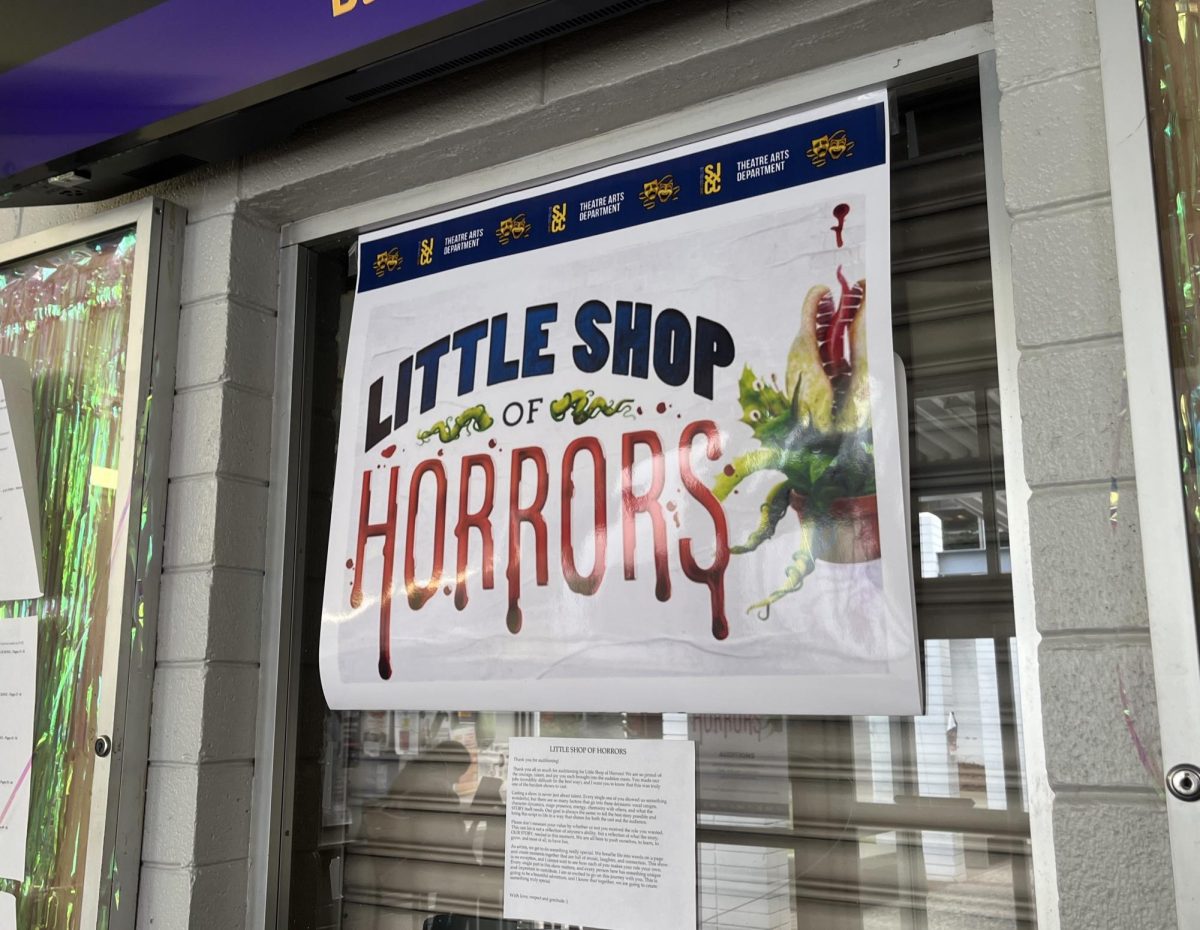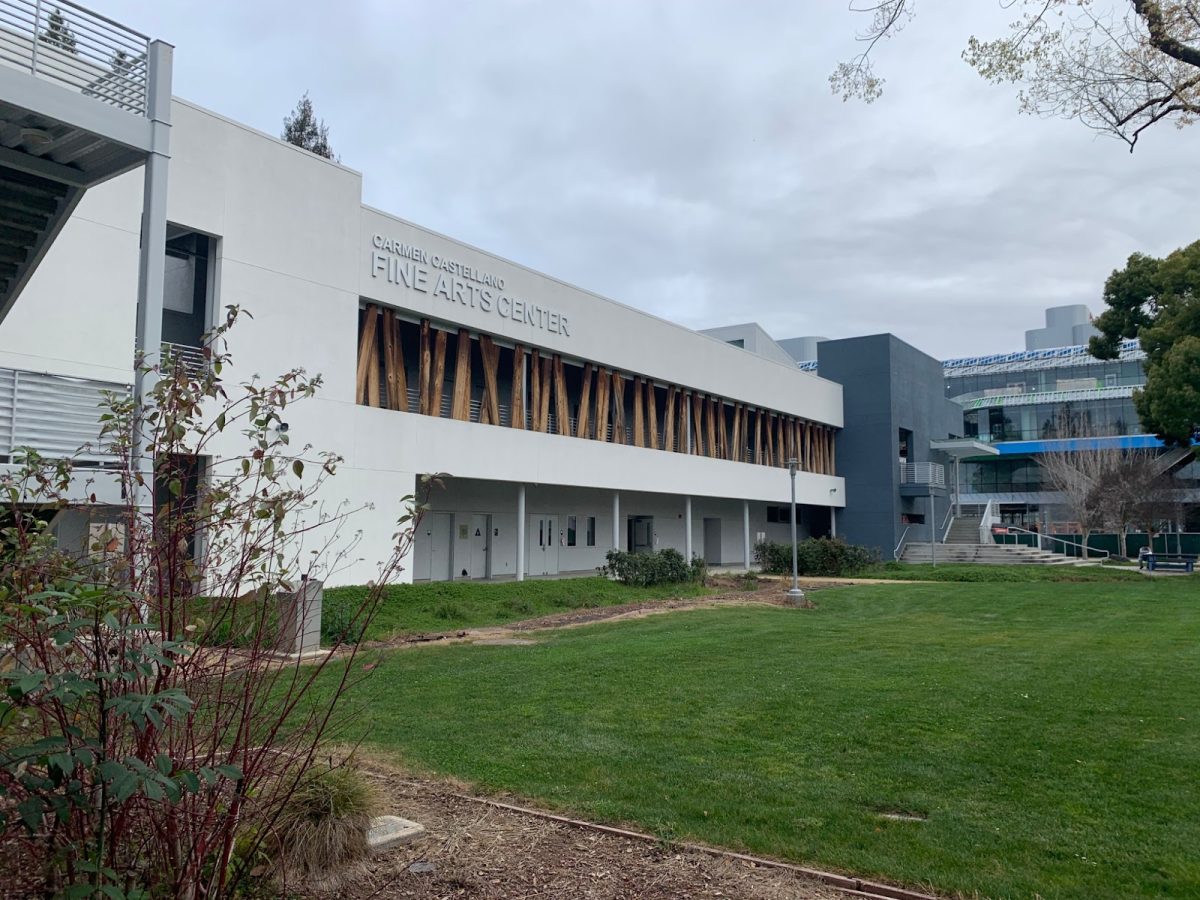Professor examines complexities of justice and truth
When you walk into professor Keenan Norris’s English classroom at Evergreen Valley College, it feels more like a forum for discussing ideas than a traditional guided lecture.
The 32-year-old professor pushes the boundaries of traditional thought both in the classroom and in his writing, most recently in his award-winning novel “Brother and the Dancer,” the culmination of a decade of work.
His book delves into the interaction between two young African-American college students, Touissant and Erycha, who both grew up in Highland, Calif., but had very different experiences.
Because of segregation, Norris said members of different classes were and are still forced to live in the same area.
“Social stratification always existed within the black community,” Norris said.
The book partially reflects his own experience, having grown up in Highland, where the book is set and was, among other things, his attempt to examine this dynamic in the post-Civil Rights era.
Norris highlights the class differences between Erycha, from the poor side of town, and Touissant, from the wealthier side of town, through factors such as their education and placement of value, while illuminating each character’s personal complexities.
Erycha and Touissant immediately start lying to each other when they meet. But Norris said he does not believe this is a bad thing and may even be necessary in our society; sometimes people have a reason to lie, such as for the sake of practicality.
“Many things stop us from being vivid and truthful,” Norris said, “to others and to ourselves.”
He said the media plays a major role in dulling our senses and keeping us from being able to experience reality as it is.
Norris seamlessly integrates these ideas into his classroom, where he easily commands the attention of his students by keeping them actively engaged in discussion.
He explores a variety of complex themes with his students, ranging from political oppression to love, through the works of authors such as Ernest Hemingway, Martin Luther King, Jr. and Edwidge Danticat.
EVC student Thomas Le, 20, computer science major, said Norris’s selection of reading material and teaching style are very relatable.
“He knows how to talk to students,” Le said.
Instead of telling students what to do, he encourages them to think creatively by selecting their own essay topics and pushes students to think critically by asking further questions when they offer responses in class discussions.
Norris said traditional public education teaches individuals to obey, behave and become middle managers, and for some people, such as Erycha, there is no alternative.
“For the poor, it’s public education or nothing,” Norris said.
Through his teaching and his writing, Norris said he tries to center things and undo some of the damage done by the media.






